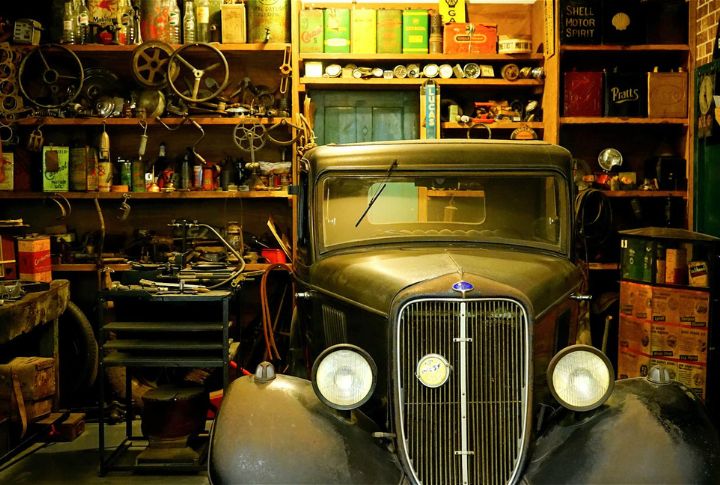
The garage is often treated as a catch-all storage space for everything from tools to old furniture. However, not everything belongs in the garage. Some items can be damaged by extreme temperatures, while others may pose a safety risk or simply don’t thrive in the environment. Here’s a list of 15 things that should never find their way into your garage.
Paint Cans
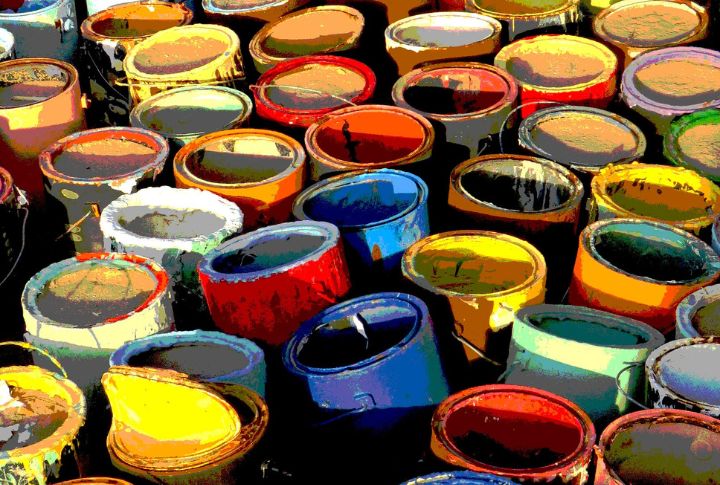
In extreme heat, the paint dries out quickly, while freezing temperatures can cause it to thicken or even separate. This makes the paint unusable for touch-ups or projects. To extend the shelf life of your paint, it’s best to store it in a cool, dry indoor space.
Propane Tanks
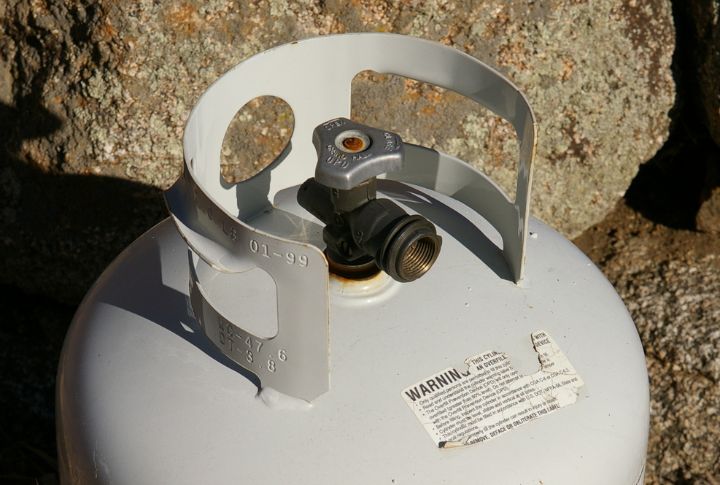
These are highly flammable, and storing them in an enclosed space like a garage increases the risk of explosion, especially if the tank develops a small leak. Propane is heavier than air, which means any leaking gas will settle low and can accumulate.
Pet Food
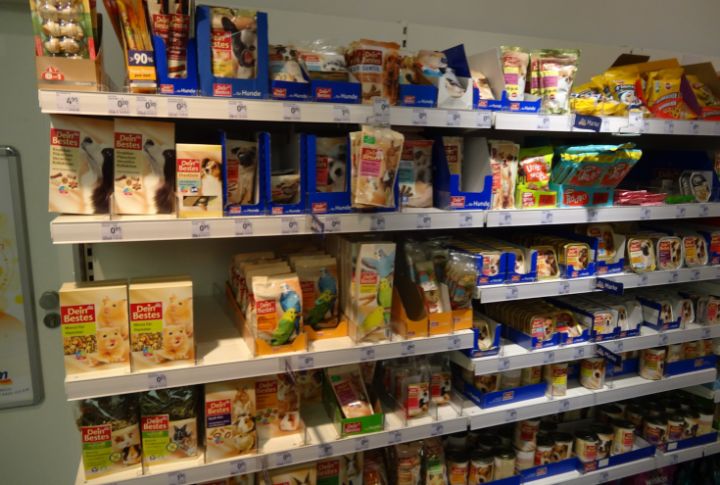
When stored in a garage, pet food is a magnet for pests such as mice, rats, and insects. Even if it’s sealed, pests can chew through packaging, potentially contaminating the food. Temperature fluctuations could also cause the oils in pet food to spoil, which can make your pets sick.
Important Documents
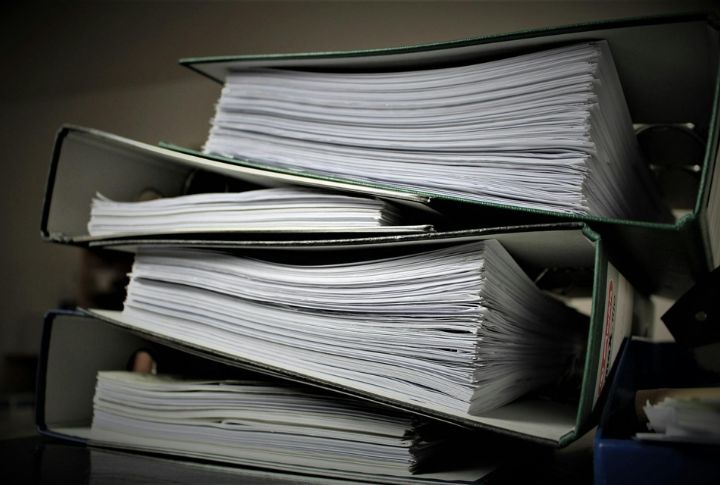
Documents like tax files, birth certificates, and important papers are prone to damage in a garage due to moisture, humidity, and potential pest infestations. Garages are often unsealed, making them vulnerable to water leaks or temperature extremes.
Electronics

Old electronics stored in the garage are exposed to moisture and temperature swings. This can damage internal components like circuits, batteries, and wiring and render them inoperable over time. Dust and dirt buildup may also cause mechanical parts to fail.
Photographs

Your photographs can be easily damaged in a garage due to high humidity, which can cause them to warp, stick together, or fade. Over time, exposure to heat can degrade both the photos and the ink. Store them in albums or boxes and keep them in an indoor location.
Wooden Furniture

Stuff like shoes, jackets, and furniture are highly sensitive to moisture and temperature changes. Humid conditions in a garage can lead to mold and mildew growth on leather, while dry conditions may cause it to crack and deteriorate.
Wine

Temperature fluctuations in a garage lead to the liquid’s expansion and contraction, potentially breaking the seal and allowing air to enter, which will spoil it over time. Additionally, exposure to light and vibrations may ruin flavor.
Firewood
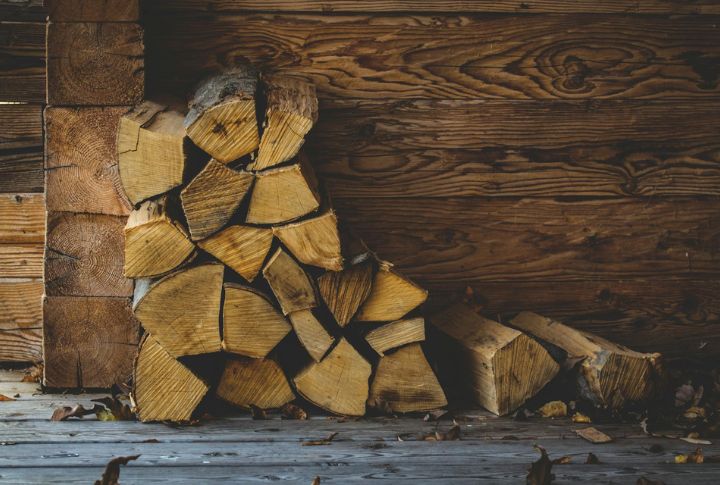
Storing firewood in the garage invites unwanted pests such as termites, ants, and rodents into your home. These pests quickly migrate from the firewood to other areas of your house. Firewood can also trap moisture and cause mold and mildew growth.
Canned Food
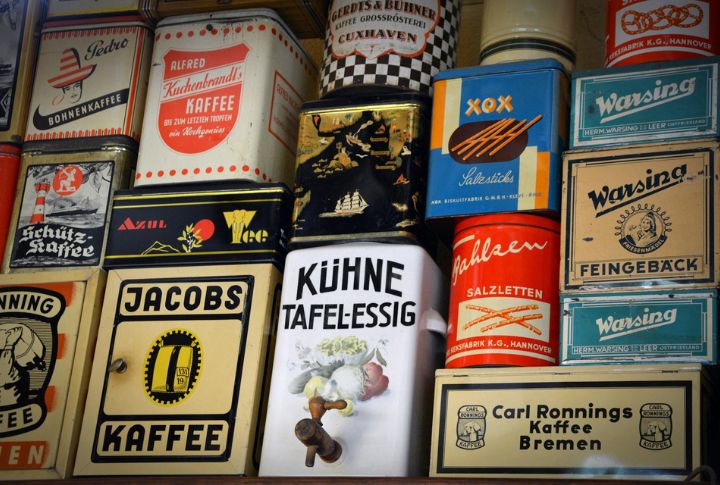
While it may seem durable, it’s highly sensitive to temperature fluctuations. Extreme heat can cause cans to swell or even burst, while freezing temperatures can cause the food inside to expand and break the seal. Both scenarios increase the risk of botulism and food spoilage.
Musical Instruments
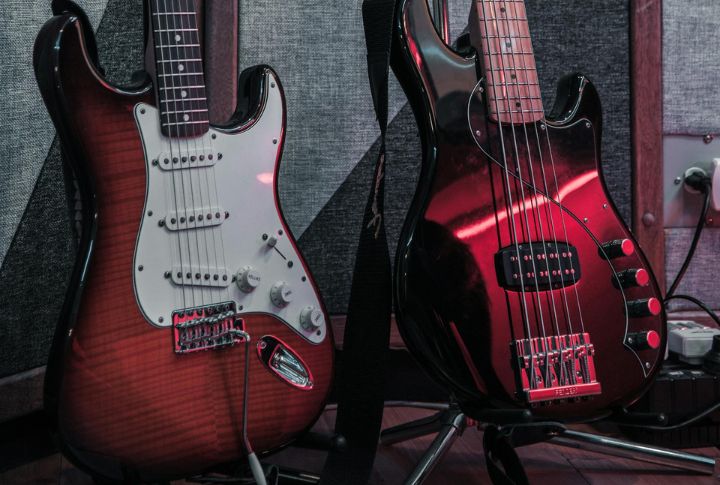
When stored in a garage, wood instruments are highly susceptible to warping, cracking, and rusting. Even instruments made of metal or brass can suffer from corrosion due to high humidity. Temperature fluctuations could also cause strings to snap and tuning to go out of balance.
Batteries
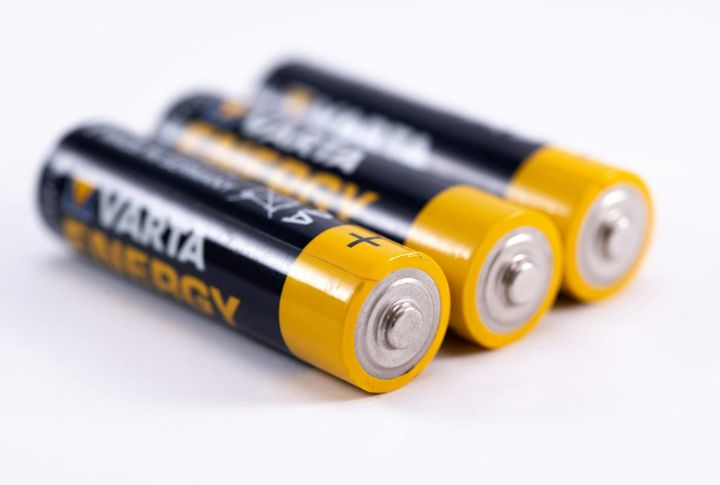
Batteries stored in the garage are subject to extreme temperature fluctuations that can cause them to leak or corrode, hence posing a serious fire hazard. Additionally, leaking battery acid is not only harmful but could also destroy any nearby electronics.
Inflatable Pool Toys
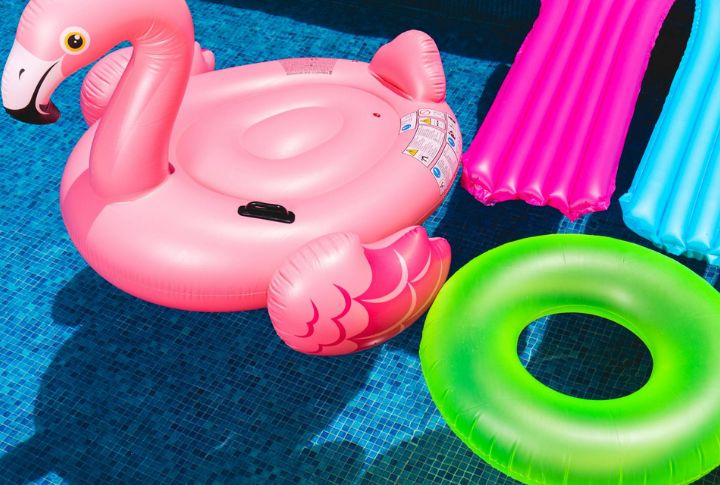
These toys can become brittle and crack when left in high temperatures or freezing cold in the garage. Heat can weaken the plastic and make it more prone to punctures. Instead, deflate and store them someplace with a regulated temperature.
Carpet or Rugs

Carpets and rugs stored in a garage can easily collect dust, dirt, and even pests. Mold and mildew can grow when exposed to moisture, which is difficult to remove and can leave behind permanent stains and odors. Store rugs and carpets indoors, preferably in a dry, sealed space.

